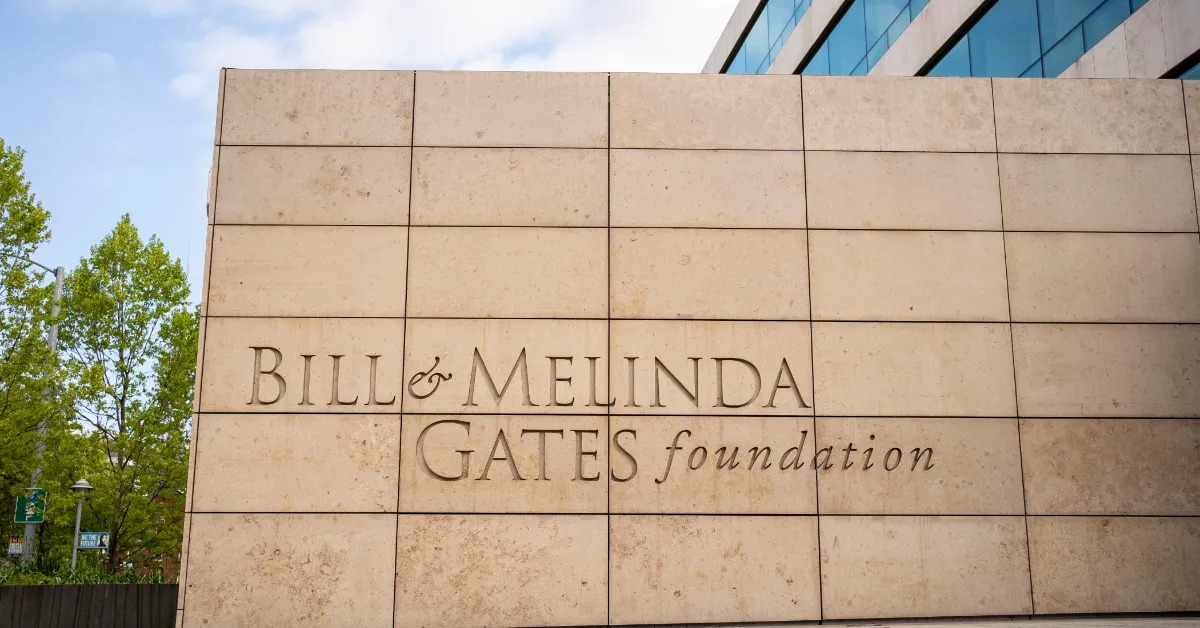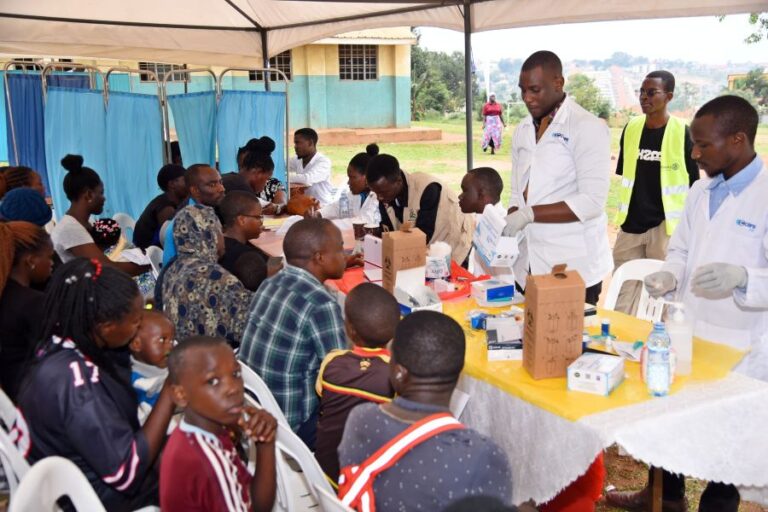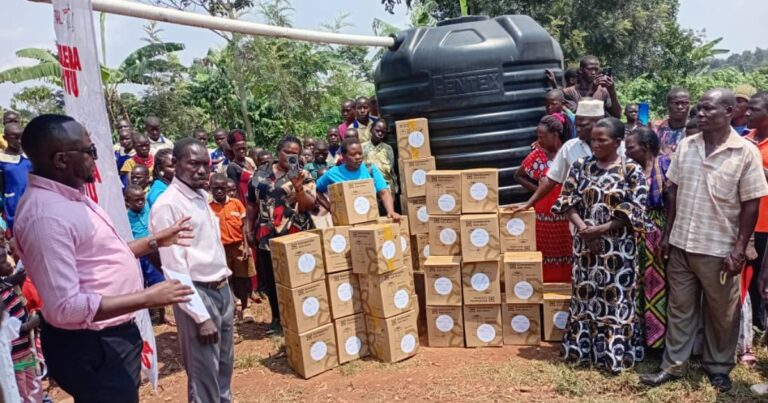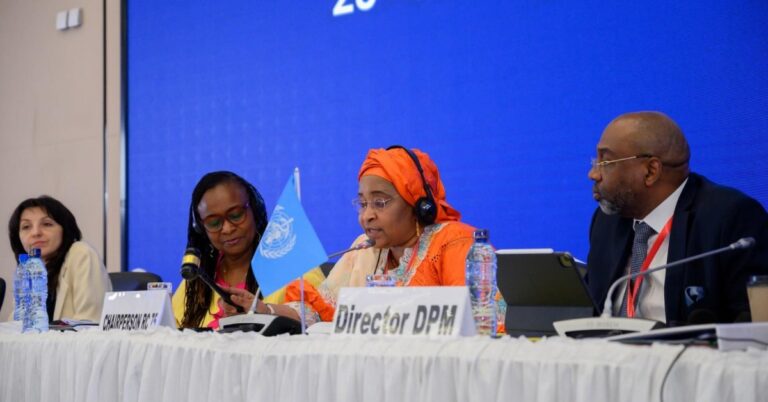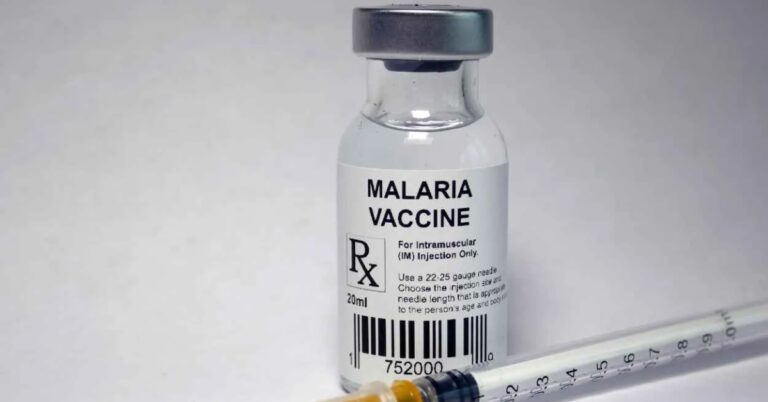The Bill & Melinda Gates Foundation has announced its largest-ever investment in women’s health, pledging $2.5 billion toward research and innovation in areas long neglected by global health funding. The historic commitment, unveiled at a press briefing, will support over 40 groundbreaking innovations aimed at addressing the urgent health needs of women in low- and middle-income countries.
A Transformational Focus on Women’s Health
According to the Foundation, the funding will be directed toward five high-impact areas across a woman’s lifespan:
- Obstetric care and maternal immunisation
- Maternal health and nutrition
- Gynaecological and menstrual health
- Contraceptive innovation
- Sexually transmitted infections (STIs)
These areas were chosen based on global health data and direct feedback from women in low- and middle-income countries, ensuring that solutions are both evidence-based and responsive to real community needs.
Bill Gates: “Healthy Women, Strong Economies”
Speaking at the launch, Bill Gates, Co-Chair of the Gates Foundation, underscored the urgency of tackling preventable causes of death and disability among women.
“Investing in women’s health has a lasting impact across generations. Healthy women build strong families, communities, and economies. Yet too many women still die from preventable causes or live in poor health. That needs to change.”
Africa at the Center of the Investment
The announcement has been met with enthusiasm across Africa, where maternal and reproductive health challenges remain severe. Professor Moses Obimbo Madadi, Professor of Anatomy and Medical Physiology at the University of Nairobi, highlighted the importance of the funding for Africa:
- Sub-Saharan Africa accounts for 25% of global births but over 50% of women’s health-related challenges.
- In 2023 alone, 182,000 women died from pregnancy-related complications, with postpartum hemorrhage (excessive bleeding after childbirth) contributing to nearly 40% of those deaths.
- Conditions such as preeclampsia (hypertension during pregnancy) remain under-researched despite being responsible for up to 20% of maternal deaths.
Madadi, a recipient of the Gates Foundation’s Calestous Juma Science Leadership Fellowship, announced plans to lead a coalition of researchers developing tools to study the vaginal microbiome and metabolites during pregnancy, aimed at predicting complications and improving outcomes for mothers and babies in Kenya.
Breaking Barriers with Innovation
Dr. Anita Zaidi, Head of the Gender Equality Division at the Gates Foundation, explained that the funding deliberately targets underfunded but high-burden areas such as menstrual health, gynecological conditions, and diagnostic tools for pregnancy risks.
One of the innovations includes the development of portable, low-cost ultrasound machines, which can be used in rural and low-resource settings to assess gestational age, detect twins, and monitor placental health.
“Cost is a barrier, but we are working with partners like Philips, GE, and local manufacturers in India to bring down the price and make ultrasounds accessible to rural facilities,” Zaidi said.
Addressing Neglected Women’s Health Issues
Professor Bosede Afolabi, from the College of Medicine in Lagos, emphasized that decades of underinvestment in women’s health have caused “needless suffering.” She welcomed the funding, noting that it reflects a recognition that “women’s lives, and the innovations that support them, must be prioritized everywhere.”
Madadi also stressed the need for advocacy alongside scientific research:
“You can work at the lab bench or treat patients at the bedside, but without advocacy, women will keep dying of preventable causes. This funding gives us both the tools and the voice to demand accountability and better healthcare systems.”
A Long-Term Vision: Ending Preventable Deaths
The $2.5 billion commitment will run through 2030 as part of the Gates Foundation’s long-term vision for 2045. Its goals include:
- Ending preventable deaths of mothers and babies.
- Eliminating deadly infectious diseases.
- Reducing the burden of non-communicable diseases like hypertension and diabetes in pregnancy.
- Lifting millions of women and families out of poverty by improving health equity.
Global Significance
With this landmark investment, the Gates Foundation is positioning women’s health as central to the global health agenda. By addressing neglected areas such as menstrual health, STIs, maternal nutrition, and innovative diagnostics, the initiative is expected to save millions of lives, strengthen health systems, and empower women worldwide.
By : BOAKAI FOFANA
Source : AllAfrica

